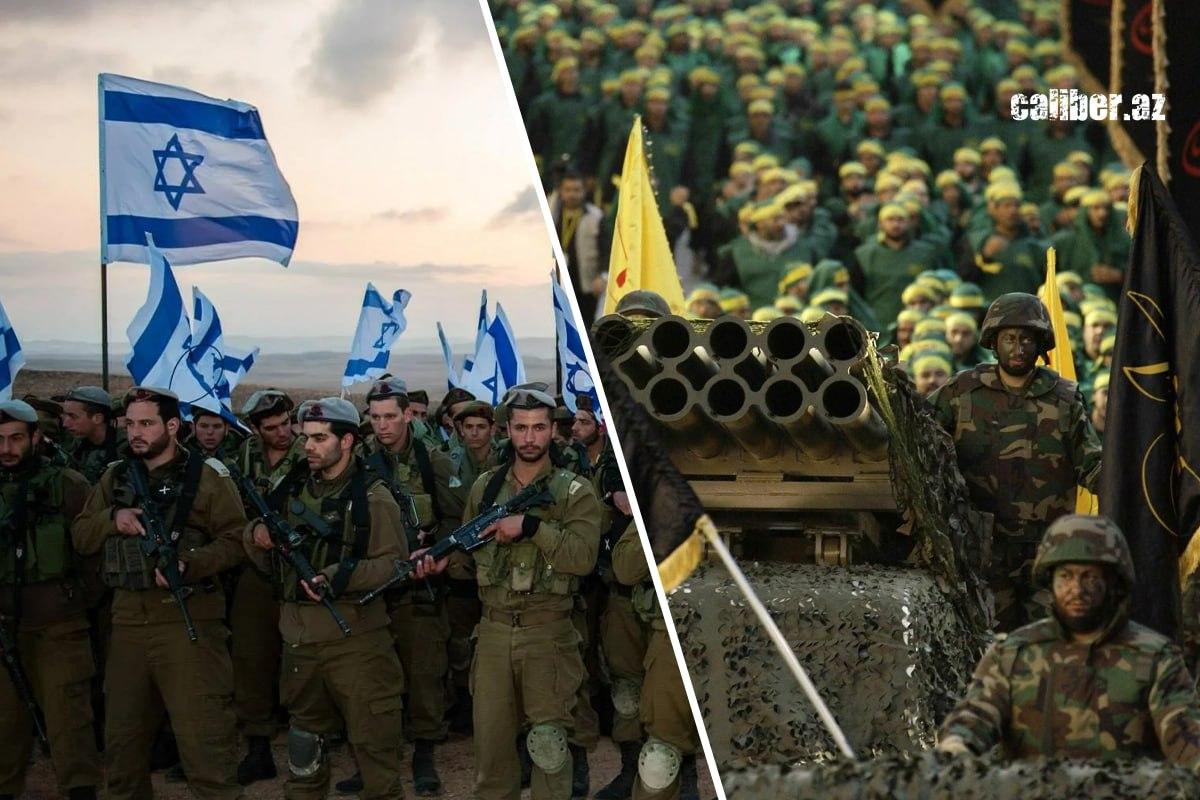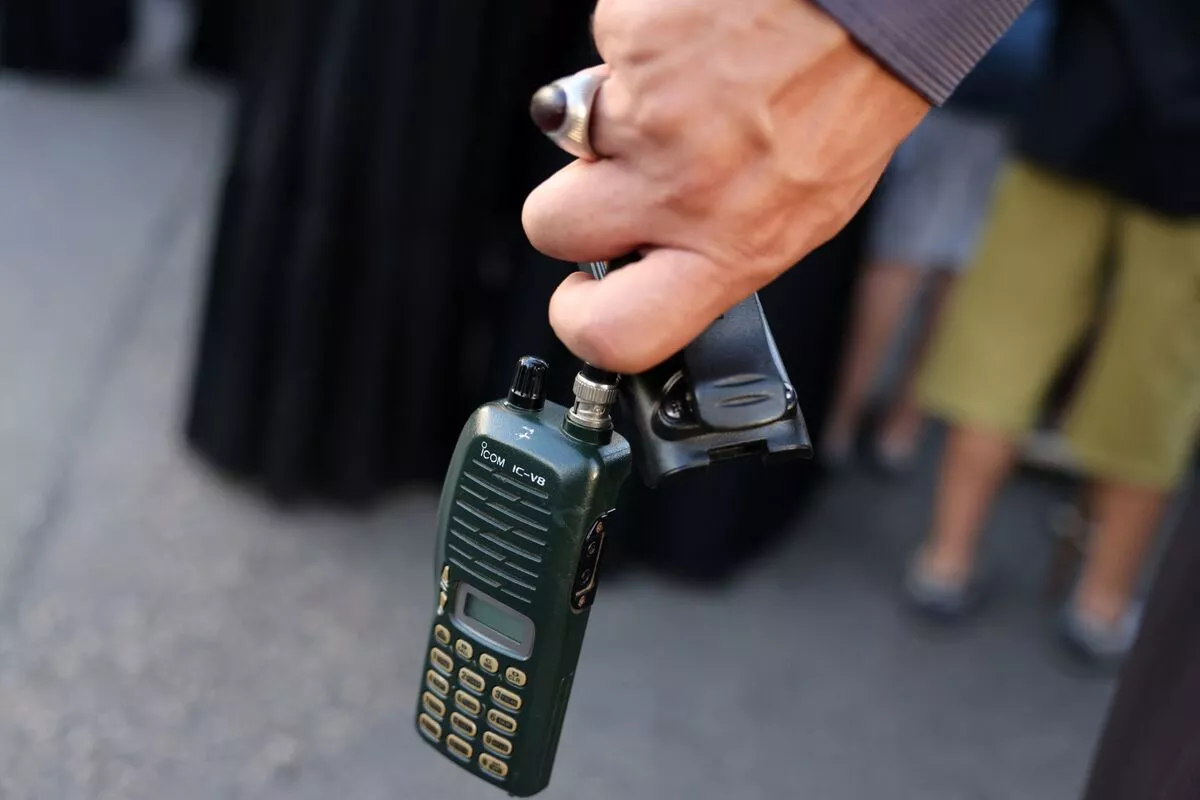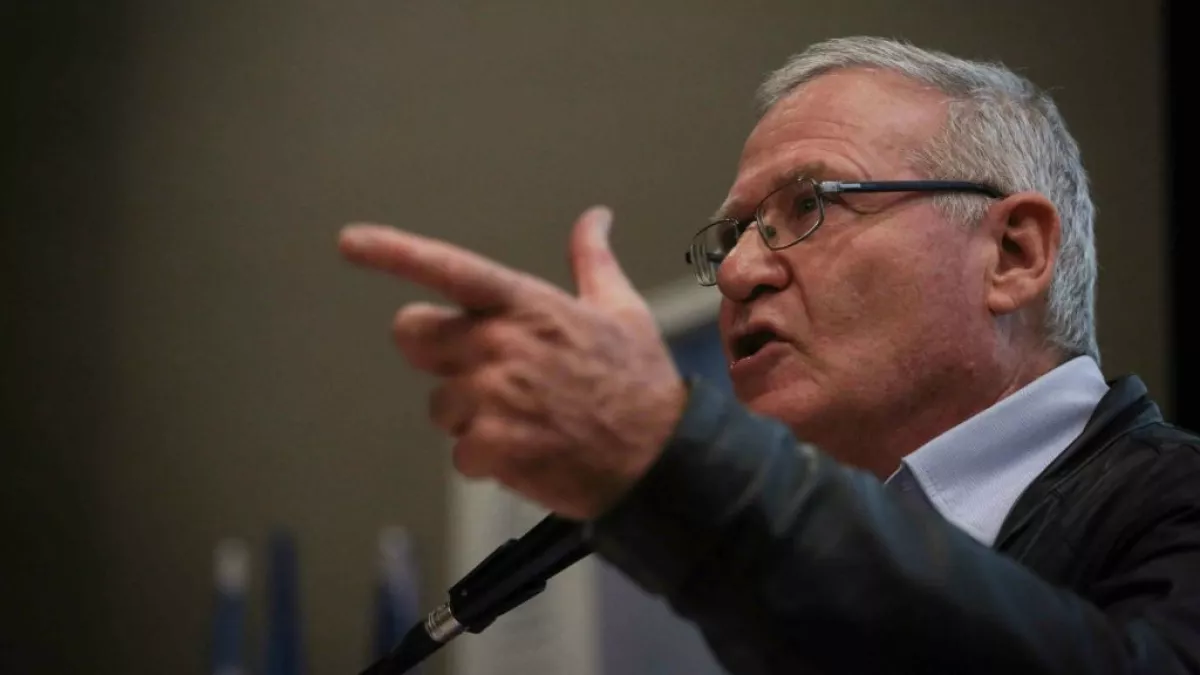Hezbollah faces heavy losses As Israel launches precision attacks
Before Lebanon could recover from two waves of Israeli attacks—during which Hezbollah operatives saw their pagers explode on the first day and their computers, radios, and other equipment on the second—a third Israeli strike followed swiftly.
The Israeli Air Force targeted Beirut’s suburb of Dahieh, home to the group’s headquarters. According to the international media, Ibrahim Akil, the second-in-command within Hezbollah's military hierarchy, was killed in the strike. He was part of the organisation's top leadership and commanded its forces in southern Lebanon.
Hezbollah is a pro-Iranian armed group that has mainly exerted control over Lebanon. It is part of the so-called "Axis of Resistance," a coalition of various parties and militias established by Iran. The coalition also includes the Palestinian Hamas in the Gaza Strip, the Popular Mobilization Forces (PMF) that mainly control Iraq, the Houthi movement in Yemen (which governs a third of the country), as well as the regime of Bashar al-Assad and its loyal militias in Syria.
Together, these groups form a network aimed at resisting Western influence and promoting their shared ideological goals across the region. Following the Hamas attack on Israel on October 7, 2023, the Israeli military launched an offensive in Gaza. In response, allies of Hamas within the "Axis of Resistance" have intermittently carried out attacks against Israel.
During 11 months of border clashes with Hezbollah, northern Israel has seen a significant depopulation, with a 5 to 10-kilometre zone emptied due to rocket and drone strikes by the enemy. Approximately 60,000 people have fled the area. Similarly, southern Lebanon has also been devastated by Israeli attacks, leading to the displacement of around 100,000 individuals. Hezbollah has vowed to cease fire against Israel as soon as Israel halts its attacks on Gaza.
However, as Israel does not stop its offensive, Hezbollah continues its actions as well. Consequently, Israel is engaged in combat not only with Hamas in the south but also with Hezbollah in the north, along the Lebanese-Israeli border. Israeli military officials have recently designated this front as a top priority.

The sophisticated and extensive Israeli attacks on Hezbollah, utilizing pagers and radios, have become a remarkable event. Hezbollah has suffered significant losses, with approximately 4,000 of its militants and personnel injured, hundreds of whom are in critical condition, and dozens reported dead. Among the injured are not only rank-and-file fighters but also commanders. International media are extensively covering these developments.
For instance, Reuters highlights that the lethal hacking of Hezbollah's pagers and radios, sold to them under Asian brands, has triggered an intense investigation into the distribution channels of these devices. These investigations quickly pointed to a murky market for outdated technologies, where buyers often have little assurance regarding the quality of their purchases.
According to analysts and consultants, while supply chains and distribution channels for more profitable and modern products are tightly regulated, the same cannot be said for old electronics sourced from Asia. Counterfeits, surplus stock, and complex contractual manufacturing arrangements can make it nearly impossible to trace the origins of a product.
Currently, a Taiwanese company that allegedly manufactured the pagers has blamed a European licensee for the devices, prompting investigations in Hungary, Bulgaria, Norway, and Romania regarding the origins of this lethal equipment. The Japanese company that allegedly manufactured the radios which exploded in the hands of Hezbollah members stated that it cannot determine whether these are genuine devices bearing its name, as the market is flooded with counterfeit products.

Turkish publicist Taha Akil observed that Israel remotely detonated communication devices used by Hezbollah in Lebanon through a sophisticated operation that showcased its technological advantage. He noted rumors suggesting that a front company established by Mossad had infiltrated the manufacturing process, planting explosives within the devices produced for Hezbollah. He draws an unexpected conclusion. “Israel's superiority in science and technology is the foundation of the dominance it has maintained since its inception.”
Akil emphasises that we are living in an era where the demand for science and technology among Muslims is more pressing and relevant than ever. In 1967 and 1973, Arab nations, including Egypt, Jordan, and Syria, united against Israel, receiving financial backing from Saudi Arabia and military support from Iraq. They faced defeat. The US stood firmly behind Israel, while the USSR backed the Arab coalition. Israel's victory can be attributed to its superior "strategic planning," which reflects both a mindset and acquired capabilities. Lebanese Arab A.B. Zahlan noted in 1972 that no Arab country places as much emphasis on science or allocates as significant a portion of its national income to research and development as Israel does. Zahlan noted that in 1971, the total number of scientific publications from 13 Arab countries, spanning from North Africa to Yemen and with a combined population of 126 million, was just 750.
In contrast, Israel, with a population of only 3 million, produced over twice that amount—1,739 scientific publications! Zahlan stressed that if Arabs prioritized science and provided support for research and development to the same extent, they too could achieve success. "One Israeli produces more than 100 Arabs. Where is the Arab South Korea today?" Akil asks. In Israel, the response to the attacks on Hezbollah is complex. On one hand, there is a noticeable sense of euphoria among many people. Israel has reaffirmed its dominance in escalation and military superiority. Not only is it engaging in skirmishes with Hezbollah in the border area, but it is also delivering sophisticated strikes with precision weaponry, significantly decimating both the rank-and-file and leadership of Hezbollah.
The group finds it challenging to respond effectively to these actions. If Hezbollah were to deliver a similarly powerful strike against Israel—such as a heavy bombardment using rockets and drones that causes significant destruction—Israel would likely escalate the situation even further. It could begin targeting entire areas of Lebanon that serve as strongholds for Hezbollah, using its air force, which is the most effective in the Middle East. This approach aligns with what is known as the "Dahiya Doctrine." If Hezbollah refrains from delivering comparable strikes in response, Israel will maintain its advantage and continue targeting the group's leadership with precision weaponry. However, there is a group of Israeli experts who question the effectiveness of Israel's escalation monopoly.
This includes Alon Pinkas, a former advisor to several Israeli governments; Amos Harel, a leading security analyst; and Amos Yadlin, a retired general and Middle East researcher.

A prolonged war that draws Israel in is not in its favor. As a small nation, it lacks the resources for a war of attrition, while the aim of Iran and the "Axis of Resistance," as noted by Yadlin, is precisely that. The goal articulated by Iran's Supreme Leader, Ali Khamenei, is to exhaust Israel's economy through a lengthy conflict and missile strikes, ultimately encouraging its population to re-emigrate to the countries from which they originally came. Amos Harel and several other experts point to a range of challenges associated with Hezbollah.
The group possesses significant and continually updated missile and drone capabilities. Therefore, it could theoretically expand its strike zone and deepen the area of displacement within Israel, potentially turning far more people into refugees than the current estimate of 60,000. In such a scenario, the Israeli army may need to enter Lebanon, where it could encounter unexpected challenges. Hezbollah has meticulously fortified its positions in southern Lebanon and trained numerous fighters specializing in sabotage and guerrilla warfare. The group has constructed extensive underground cities in Lebanon that rival those created by Hamas in Gaza.
Meanwhile, Israel has struggled to eliminate these tunnels in Gaza over 11 months of conflict. The hilly, forested terrain of Lebanon is perfectly suited for guerrilla warfare. Finally, if Israel resorts to large-scale bombings of Lebanese cities, it could trigger a significant backlash in the US, potentially impacting the US policy.
The previous war Israel fought against Hezbollah in Lebanon in 2006 was deemed unsuccessful by a special Israeli commission, and there are no grounds to believe that a new conflict would fare any better. Nevertheless, the likelihood of such a war has increased. Regardless, many observers agree on one point. Anyone contemplating a struggle against the Israeli state will feel a sense of fear when reaching for their phone or laptop.
Translated by Naila Huseynova








